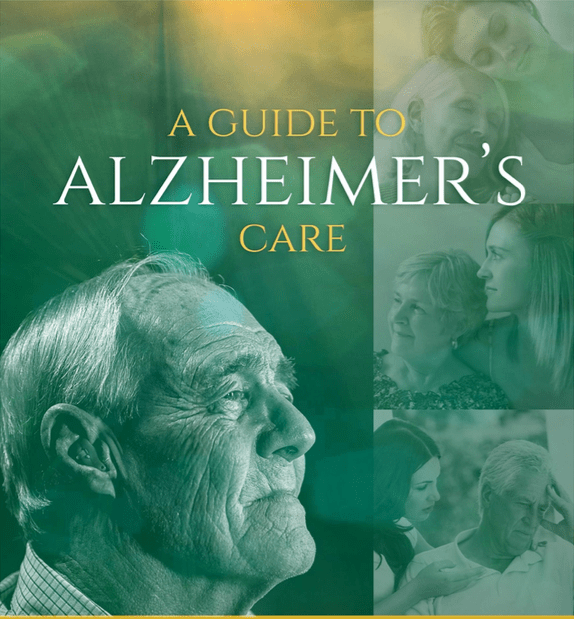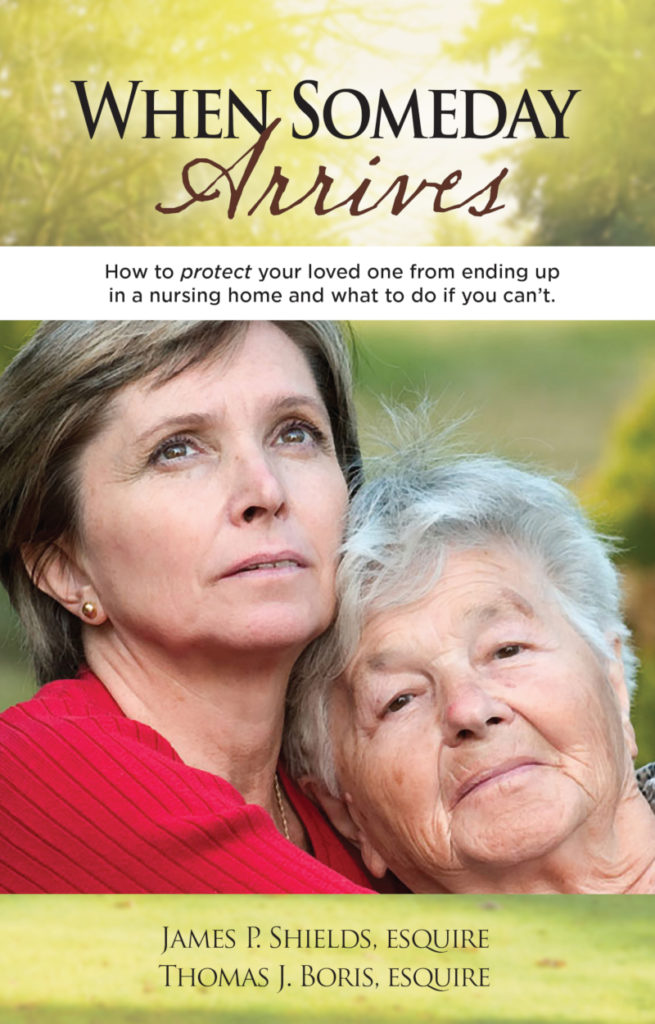Should Aging Loved Ones Live With Family?
Posted on January 10, 2024 by shieldsandboris
Do you have an aging parent, an aging grandparent, or another aging loved one? If so, you may be starting to think about their long-term living arrangement. Even if they are currently fully independent, there may come a day in the future when that will simply no longer be the case. This raises an important question: Should an aging loved one live with family members? There is no one-size-fits-all answer. At The Elder Law Offices of Shields & Boris, we provide solutions-driven elder law services. Within this article, our Pennsylvania elder law attorney highlights the key considerations to keep in mind when determining if aging loved ones should live with family.
The Starting Point: Every Family Situation is Different
Our population is aging. According to the most up-to-date data from the Population Reference Bureau (PRB), the number of senior citizens in the United States will double over the next three decades—rising to in excess of 90 million. With this in mind, there are many families in Western Pennsylvania who are currently trying to determine where an aging loved one should live in the future. Here is the most important thing to know about this issue: The answer always depends on the unique circumstances.
Some families might have a spacious home and someone available to provide daily care. It could be a comfortable and desirable option for their loved one to move in. In other cases, family members might live far apart, have demanding jobs, or lack the necessary skills to provide the care needed. There are no one-size-fits-all answers. It is important to consider everyone's well-being. There are many emotional, physical, and financial aspects to the decision.
Four Considerations When Determining if a Loved One Should Live With Family
How do you decide if an aging loved one moving in with family is the right option for your specific situation? There are a number of different case-specific considerations that should be considered. Some of the key factors to think about when addressing this issue in Pennsylvania include:
The Relationship(s): When considering living arrangements for an aging parent or other aging loved one, the personal relationship(s) always matter. The emotional ties and history between your loved one and family members should be evaluated to determine what type of living arrangement could plausibly work for the parties. A strong, positive relationship can make living together a comforting experience. On the other hand, strained or complicated relationships might lead to stress or conflict. It would be a mistake to overlook these issues.
Current/Future Care Needs and Care Capacity: What type of care needs does the aging person have? Are they relatively modest? Are they extensive? Assessing the health and care needs of your loved one is an absolutely vital consideration when determining future living arrangements. For many older people, some help may be required for certain daily activities. For some aging adults, their medical needs are considerable. Consider not only their current needs but also what they might require in the future as their situation changes. Equally important is evaluating your family's ability to meet these needs. Do you have the time, skills, and resources to provide the necessary care?
The Financial Impact: Financial issues matter. The Pennsylvania Health Care Association (PHCA) reports that the average cost of a private room in a licensed nursing home in the Commonwealth exceeds $110,000 per year. There are proactive estate planning and elder care planning strategies that can be used to protect assets from those costs—but it is still a major area of concern. A period of an aging loved one living with family may be a financially sensible option—especially if the care needs are moderate and the overall cost of living can be reduced. Your family should consider creating a budget that includes potential future costs to understand the financial impact fully. A Pennsylvania elder care planning lawyer can help.
Expectations/Boundaries: Finally, the expectations of the parties and the boundaries are a big issue that needs to be considered and addressed. Indeed, setting clear expectations and clear boundaries is crucial for an amicable, happy, stable living arrangement. Your aging loved one should feel respected and able to maintain their dignity. At the same time, they also need to understand the limits and rules of the household.
Do Not Wait for a Crisis: Put a Comprehensive Elder Care Plan in Place
When it comes to determining the living arrangement of an aging loved one, far too many families are reactive instead of proactive. Although it is unavoidable in some cases, you never want to wait for a crisis to develop a plan of action. You do not have to figure out everything on your own. At The Elder Law Offices of Shields & Boris, we are Western Pennsylvania’s premier elder law care planning firm. Here are some tips to get you started with the process:
Start the Conversation Early: The sooner you get started, the better position you will be to solve issues. Ideally, you should start talking about future living arrangements, care needs, and personal wishes with your loved one while they are still in good health.
Assess Health and Mobility: Regularly evaluate your loved one's health and mobility. Remember, things can change relatively quickly for older people.
Research Care Options: You will want to know about what is reasonably available to your family. Learn about the different types of care available, such as in-home care, assisted living, and traditional nursing homes.
Plan for Home Safety/Home Modifications: If your loved one will be living at home with family, consider what modifications might be necessary to ensure their safety and comfort.
Get Help From Our Pennsylvania Elder Law Care Planning Team Today
At The Elder Law Offices of Shields & Boris, we are devoted to helping people and families find peace through planning. Have any questions about elder living arrangements, we are here to help. Please do not hesitate to give us a call at (724) 307-4464 or contact us online. Initial consultations are always strictly confidential and carry no obligations. We work with families throughout Western Pennsylvania, including in North Hills, South Hills, Beaver, and Washington.




